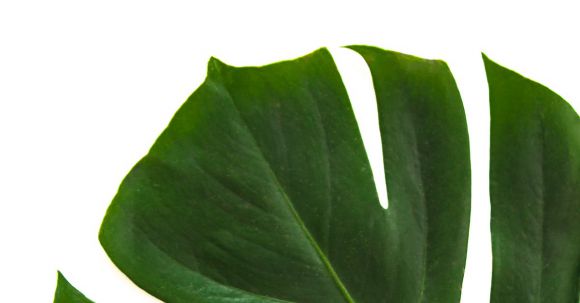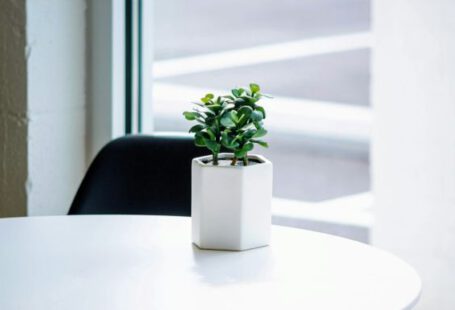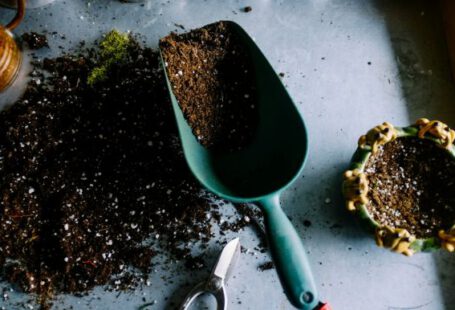When it comes to gardening, one of the key factors for success is ensuring that the plants you choose are compatible with each other. Some plants have a symbiotic relationship, while others can hinder each other’s growth and development. Knowing which plants should not be planted together can help you create a harmonious and thriving garden. In this article, we will explore some combinations of plants that should be avoided.
Tomatoes and Cucumbers: A Clash of Needs
Tomatoes and cucumbers are popular choices for home gardens, but planting them together can lead to problems. Tomatoes require ample sunlight and a well-drained soil, while cucumbers prefer a slightly shaded area with more moisture. Planting them side by side can result in competition for resources, stunted growth, and a reduced harvest. To avoid this clash, consider providing separate spaces for each plant or use containers to keep them apart.
Basil and Sage: Aromatic Enemies
Both basil and sage are aromatic herbs that are widely used in cooking, but they should not be planted together. Basil has a strong scent that can inhibit the growth of sage, while sage can stunt the growth of basil. To ensure the health and vitality of these herbs, it is best to give them their own separate areas in the garden or plant them in different containers.
Beans and Onions: A Nutrient Battle
Beans and onions are common vegetables that many gardeners like to grow, but they should not be planted together. Beans are nitrogen-fixing plants, meaning they can convert nitrogen from the air into a form that can be used by other plants. Onions, on the other hand, prefer a low-nitrogen soil. Planting beans and onions together can result in nitrogen competition, which can lead to stunted growth and reduced yield. To avoid this, it is best to plant beans and onions in separate areas of the garden or use raised beds.
Mint and Other Herbs: A Spreading Dilemma
Mint is a popular herb known for its vigorous growth and spreading nature. While it can be a great addition to any garden, it is important to keep it separate from other herbs. Mint has a tendency to take over the garden and can crowd out other plants. To prevent this, it is best to grow mint in containers or use barriers to keep its roots contained. This will ensure that other herbs have enough space to grow and thrive.
Roses and Potatoes: A Disease Prone Pair
Roses and potatoes may seem like an unlikely combination, but they should not be planted together. Both plants are susceptible to a similar group of diseases, including black spot and powdery mildew. Planting them together can increase the risk of disease spread and decrease the overall health of the plants. To prevent this, it is best to give roses and potatoes their own separate areas in the garden, preferably at least 30 feet apart.
In conclusion, knowing which plants should not be planted together is crucial for a successful and thriving garden. By avoiding incompatible plant combinations, you can ensure that each plant receives the proper care and resources it needs to grow and flourish. So, before you start planning your garden, take the time to research and consider the compatibility of the plants you wish to grow. Your garden will thank you for it!





